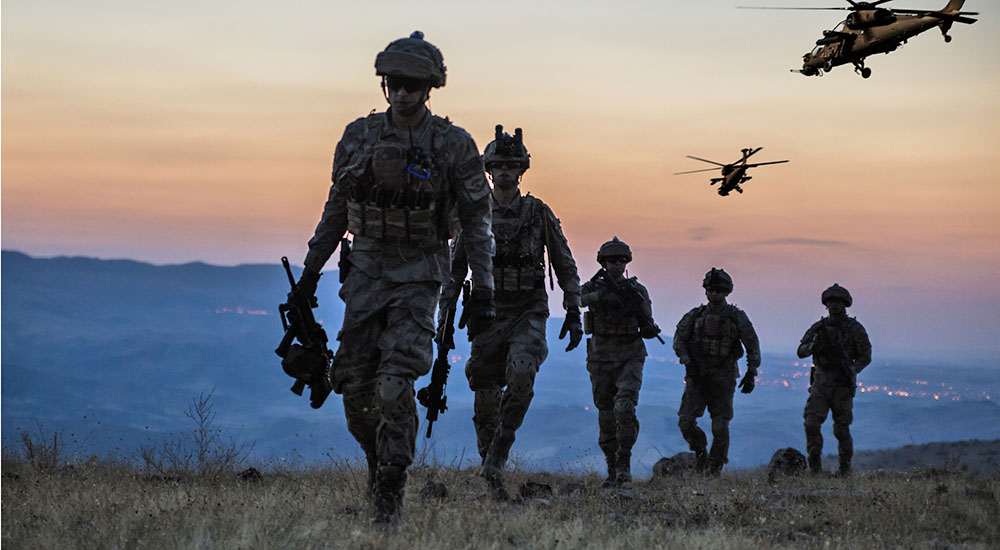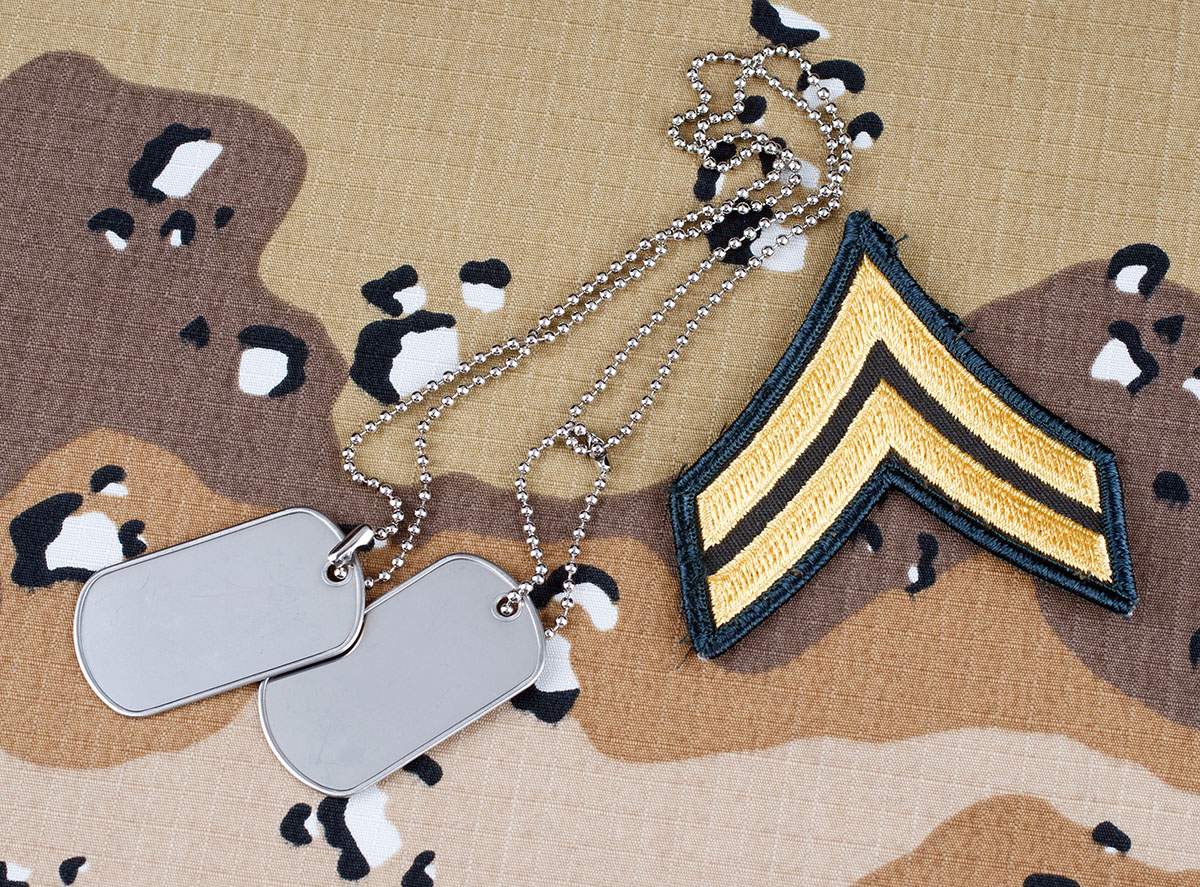If you are a 1990-91 Gulf War Veteran with questions or concerns about Gulf War Illness, opportunities for you to discuss this issue are coming July 20 and 21.
VA’s Research Advisory Committee on Gulf War Veterans’ Illnesses subcommittee is hosting two virtual Veteran engagement sessions. Each three-hour session is devoted to interactive discussions with experts who want to hear from you.
Please join us July 20 from 4 to 7 p.m. ET, and July 21 from 11 a.m. to 2 p.m. ET.
The focus of these listening sessions is to ask Veterans for their input on:
- What health problems concern you most about the war?
- What treatments have helped you manage your health problems?
- What aspect of your Gulf War Illness most affects your quality of life?
- What helps you most to manage these interferences?
- If you could tell the VA Secretary one thing about being a Gulf War Veteran with Gulf War Illness, what would it be?
Join online July 20 from 4 to 7 p.m. ET:
https://veteransaffairs.webex.com/veteransaffairs/j.php?MTID=md93018422fb88d3c8ad4555423317b2d
Password: GWVets1991!
Join by phone: (toll-free) 1-833-558-0712, Access code is 2760 410 1780.
Join online, July 21, from 11 a.m. to 2 p.m. ET:
https://veteransaffairs.webex.com/veteransaffairs/j.php?MTID=md00ebad4811e7ddd64eaa165e7055819
Password: GWVets1991!
Join by phone: (Toll-free) 1-833-558-0712, Access code is 2761 201 9583.
We hope to see you there. More information is available here.
The Research Advisory Committee on Gulf War Veterans’ Illnesses is a Congressionally mandated committee under the VA Federal Advisory Committee Act. It meets several times each year to provide advice and make recommendations to the VA Secretary on proposed research studies, plans and strategies related to understanding and treating the health consequences of military service in the Southwest Asia theater of operations during the 1990-91 Gulf War.
All Research Advisory Committee on Gulf War Veterans’ Illnesses and Veteran Engagement Sessions meetings are open to Veterans and their family members, physicians, scientists and members of the general public.
Topics in this story
More Stories
The Veterans self-check assessment takes about 10 minutes to complete and has resources that can help if stress and depression are affecting you.
Nutrition plays an important role in our overall health. Telehealth resources can help you set and achieve your healthy eating goals.
Veterans learn to combine mindfulness with the challenge of climbing.






